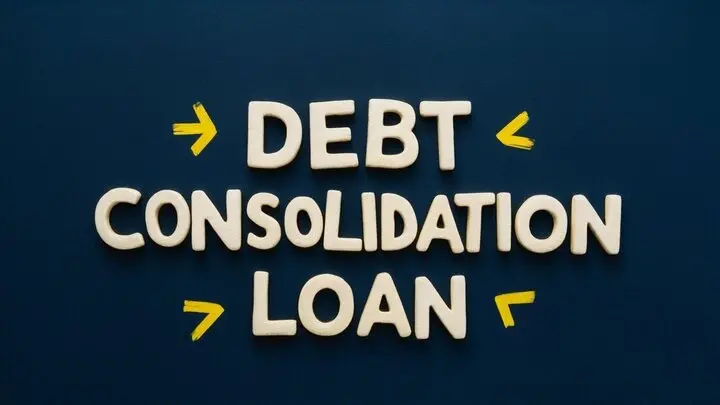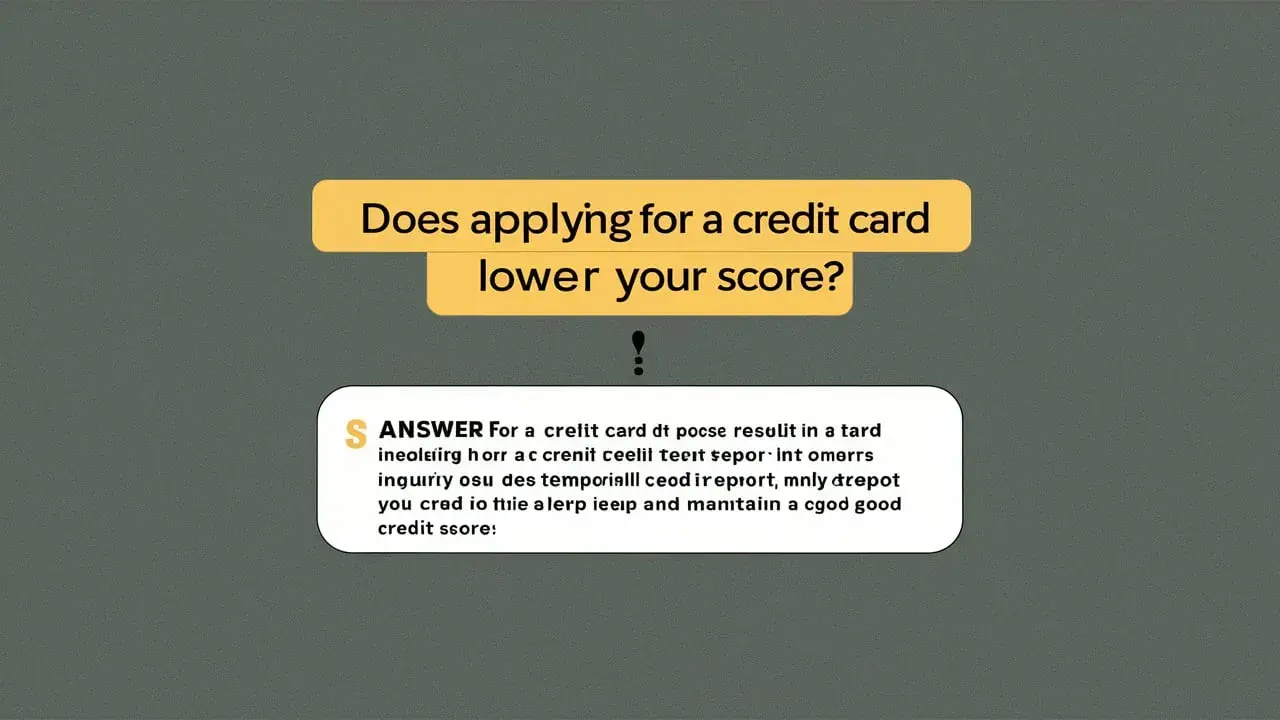Understanding Debt Consolidation Loans
Feeling overwhelmed by multiple debts with varying interest rates and due dates? A debt consolidation loan could be a potential solution. Essentially, it's a new loan taken out to pay off all your existing debts, leaving you with a single loan and (ideally) a more manageable payment plan. This can simplify your finances, potentially lower your interest rate, and help you get out of debt faster. But before you jump in, it's crucial to understand the details and potential impact on your credit score.
How Does Debt Consolidation Work?
The basic process is straightforward:
- Assess Your Debts: List all your outstanding debts, including the balances, interest rates, and minimum payments.
- Explore Your Loan Options: Research different types of debt consolidation loans, comparing interest rates, fees, loan terms, and eligibility requirements from various lenders (banks, credit unions, online lenders). Common options include personal loans, balance transfer credit cards, and home equity loans.
- Apply for a Loan: Choose the loan that best fits your needs and financial situation and submit an application. The lender will review your credit history, income, and debt-to-income ratio (DTI) to determine if you qualify.
- Loan Approval and Funding: If approved, the lender will provide the funds. In many cases, the lender will directly pay off your existing creditors. However, in some cases, they may deposit the funds into your account and you'll be responsible for paying off your debts.
- Make Consistent Payments: You'll now make a single monthly payment to the new loan. It's vital to make on-time payments to avoid late fees and negative impacts on your credit score.
Types of Debt Consolidation Loans
- Personal Loans: Unsecured loans (meaning they don't require collateral) that can be used for various purposes, including debt consolidation.
- Balance Transfer Credit Cards: Transferring balances from high-interest credit cards to a new card with a lower introductory APR. Beware of balance transfer fees and the promotional period expiring, which could lead to higher interest rates.
- Home Equity Loans (HELOCs): Secured loans that use your home equity as collateral. Offers potentially lower interest rates, but puts your home at risk if you default on the loan.
- Debt Management Plans (DMPs): Not technically a loan, but a program offered by credit counseling agencies. They negotiate with creditors to lower interest rates and create a manageable repayment plan.
Can Debt Consolidation Hurt Your Credit Score? The Potential Downsides
While debt consolidation can offer numerous benefits, it's not a guaranteed credit score booster. In some cases, it can negatively impact your credit, at least in the short term. It's vital to be aware of these potential downsides before proceeding.
Factors That Can Negatively Impact Your Credit
- Hard Credit Inquiry: When you apply for a new loan, the lender will perform a hard credit inquiry, which can slightly lower your credit score. Each hard inquiry typically has a small, temporary impact.
- Closing Existing Accounts: Closing old credit card accounts, especially those with a long history and high credit limits, can reduce your overall available credit and increase your credit utilization ratio. This ratio (the amount of credit you're using compared to your total available credit) is a significant factor in your credit score.
- Increased Debt-to-Income Ratio (DTI): While the goal is to lower payments, taking on a larger loan, even at a lower rate, can temporarily increase your DTI if you don't manage your spending effectively.
- Fees and Interest: While aiming for a lower overall APR, some debt consolidation loans come with origination fees or other costs that can eat into your savings. Also, if you aren't disciplined in paying off the new loan, the accrued interest over the life of the loan may end up costing you more in the long run.
- Missed Payments: Failing to make timely payments on your new debt consolidation loan will have a significantly negative impact on your credit score. Payment history is the most important factor in determining your creditworthiness.
The Short-Term vs. Long-Term Impact
The initial impact of debt consolidation on your credit score can be complex. You might see a temporary dip due to the hard inquiry and potentially from closing accounts. However, the long-term impact depends heavily on your ability to manage the new loan responsibly. If you consistently make on-time payments, avoid accumulating new debt, and improve your credit utilization, debt consolidation can ultimately help improve your credit score.
Example Scenario
Let's say Sarah has three credit cards with a total of $10,000 in debt and an average APR of 18%. She decides to consolidate her debt with a personal loan at 12% APR. Her initial credit score might decrease slightly due to the hard inquiry. However, if Sarah closes her credit card accounts after consolidation and doesn't change her spending habits, it would negatively impact her credit. On the other hand, if she maintains her existing spending habits, lowers her overall debt burden, and makes timely payments, her credit score is likely to increase over time.
Weighing the Pros and Cons of Debt Consolidation
Advantages of Debt Consolidation
- Simplified Finances: One monthly payment instead of multiple due dates.
- Potentially Lower Interest Rate: Securing a lower APR can save you money on interest charges.
- Faster Debt Repayment: A structured repayment plan can help you pay off your debt more quickly.
- Improved Credit Score (Potentially): Responsible management can lead to a higher credit score over time.
- Reduced Stress: Managing one loan is often less stressful than juggling multiple debts.
Disadvantages of Debt Consolidation
- Potential Initial Credit Score Dip: Hard inquiry and closing accounts can have a short-term negative impact.
- Fees and Costs: Origination fees, balance transfer fees, and other costs can negate some of the savings.
- Risk of Increased Debt: If you continue to use credit cards after consolidation, you could end up with more debt than before.
- Longer Repayment Term: While aiming for lower monthly payments, make sure the loan term isn't extended significantly, as this can increase the total interest paid over the life of the loan.
- Home at Risk (with Secured Loans): Defaulting on a home equity loan or HELOC could lead to foreclosure.
Making the Right Decision
Debt consolidation is not a one-size-fits-all solution. Before making a decision, carefully consider your financial situation, credit history, and spending habits. Ask yourself:
- Can I realistically afford the monthly payments on the new loan?
- Am I disciplined enough to avoid accumulating new debt?
- Will the interest rate and fees of the new loan truly save me money?
- Have I explored all my debt relief options, including credit counseling?
If you're unsure, consult with a financial advisor or credit counselor. They can help you assess your situation and determine the best course of action.
Alternatives to Debt Consolidation
Debt consolidation isn't the only path to debt relief. Explore these alternatives to determine if they're a better fit for your needs:
- Debt Management Plans (DMPs): As mentioned earlier, these plans, offered by credit counseling agencies, involve negotiating with creditors to lower interest rates and create a structured repayment plan. You make one monthly payment to the agency, which then distributes the funds to your creditors.
- Balance Transfer Credit Cards (with caution): If you have good credit, you might qualify for a balance transfer card with a 0% introductory APR. Transfer your high-interest balances and focus on paying them off within the promotional period. Be aware of balance transfer fees and the interest rate that will apply after the introductory period ends.
- Debt Snowball Method: Focus on paying off the smallest debt first, regardless of interest rate, for a quick win that motivates you to continue.
- Debt Avalanche Method: Prioritize paying off the debt with the highest interest rate first, which will save you the most money in the long run.
- Negotiating with Creditors: Contact your creditors directly and try to negotiate lower interest rates or payment plans. They may be willing to work with you, especially if you're experiencing financial hardship.
- Bankruptcy (as a last resort): Bankruptcy should be considered as a final option after exploring all other alternatives. It can provide debt relief but has significant long-term consequences on your credit score and financial future.











